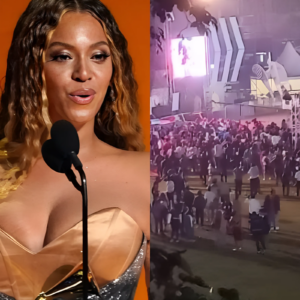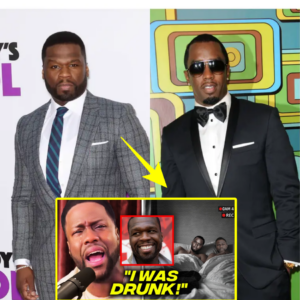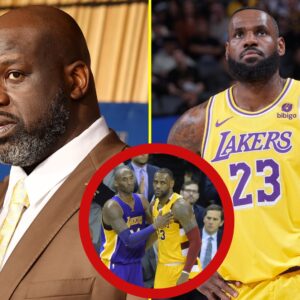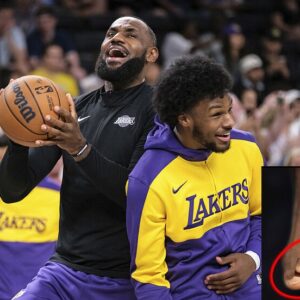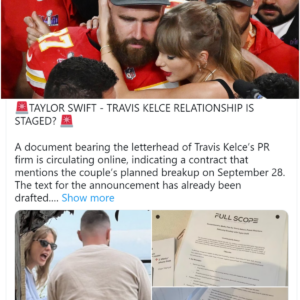In a recent comedy routine that has sparked heated debate and garnered widespread attention, Cat Williams took aim at fellow celebrities, including Trick Daddy, in a series of scathing remarks. Williams’ brash style and biting humor have long been his trademark, but his latest tirade has raised questions about the line between comedy and cruelty, as well as the responsibilities of public figures in shaping public discourse.
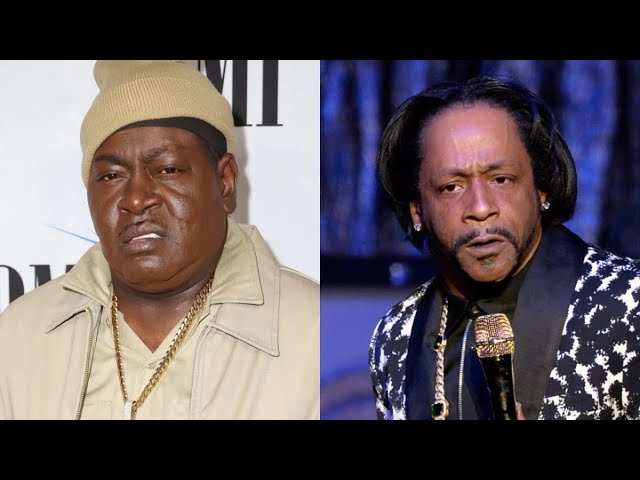
Williams begins his routine by addressing a perceived slight directed at him in one of Trick Daddy’s stand-up routines. He takes offense to Trick Daddy’s sarcastic remark about the possibility of achieving success regardless of one’s appearance, suggesting that Williams himself couldn’t possibly achieve success because of his looks. This sets the stage for Williams’ retaliatory onslaught, as he proceeds to ridicule Trick Daddy’s appearance and mock his achievements.
The heart of Williams’ argument lies in his assertion that Trick Daddy’s success undermines conventional notions of attractiveness and talent. He points out that despite Trick Daddy’s unconventional appearance and controversial persona, he has managed to achieve wealth and fame through his music career, restaurant ventures, and even a cooking show. Williams uses Trick Daddy as a prime example of someone who defies societal expectations and proves that success is not limited to those who fit a certain mold.
However, Williams’ comedic critique takes a darker turn as he delves into personal attacks and crude humor. His remarks about Trick Daddy’s health and sexual habits cross the line from satire to cruelty, eliciting discomfort and condemnation from some viewers. While comedy often relies on pushing boundaries and challenging norms, Williams’ remarks veer into territory that can be considered offensive and hurtful.
The fallout from Williams’ routine extends beyond Trick Daddy himself, sparking a broader conversation about the responsibilities of comedians and public figures in addressing sensitive topics. While some defend Williams’ right to free speech and artistic expression, others argue that his comments perpetuate harmful stereotypes and contribute to a culture of bullying and body shaming.
Trick Daddy’s response to Williams’ roast further complicates the narrative, as he lashes out with his own insults and threats. His anger and frustration reflect a broader sense of vulnerability and insecurity that underlies the entertainment industry, where success is often precarious and reputations are easily tarnished.
In the end, the Cat Williams roast serves as a cautionary tale about the power of words and the importance of empathy and sensitivity in public discourse. While comedy has the potential to unite and uplift, it also has the capacity to divide and harm. As audiences navigate the complex terrain of humor and entertainment, it is essential to strike a balance between laughter and respect, recognizing that behind every joke lies a human being with feelings and dignity.
News
Diddy LEAKS Disturbing FOOTAGE Of Beyonce & Jay Z | New EVIDENCE Revealed
The unfolding drama involving Diddy, Jay-Z, and Beyoncé has captivated audiences worldwide. Allegations of scandalous tapes, federal raids, and personal vendettas have dominated headlines, leaving fans shocked…
Tiffany Haddish SHADES Jennifer Hudson For Stealing Common From Her
Tiffany Haddish is making it abundantly clear that she’s not thrilled about comments on new relationship with Jennifer Hudson. She threw some major shade at Jennifer, hinting…
Breaking: Beyoncé’s “Cowboy Carter” Tour Sees Lackluster Ticket Sales, “Only 1500 So Far”
In a surprising twist of fate, Beyoncé’s highly anticipated “Cowboy Carter” tour has encountered a lackluster start, with only 1500 tickets sold for its opening night. This…
“Blue ivy is pregnant” Cardi b Exposed truth about the pregnancy on live TV show says CONGRATS
Welcome to CB Gossip, your go-to source for all the juiciest entertainment news. Don’t forget to hit that subscribe button and ring the bell for more updates….
Kevin Hart FREAKS OUT As 50 Cent LEAKS New Video Of Him & Diddy..
Absolutely, let’s delve deeper into these issues. It seems like there’s a plethora of speculation and rumors surrounding celebrities and their connections to Diddy’s controversial activities. From…
Mike Tyson EXPOSES Members Of Diddy’s S3X CULT..
Unveiling Diddy’s Troubles: A Deep Dive into Allegations and Controversies In recent years, Sean “Diddy” Combs, the rap mogul and entrepreneur, has found himself embroiled in a…
End of content
No more pages to load


